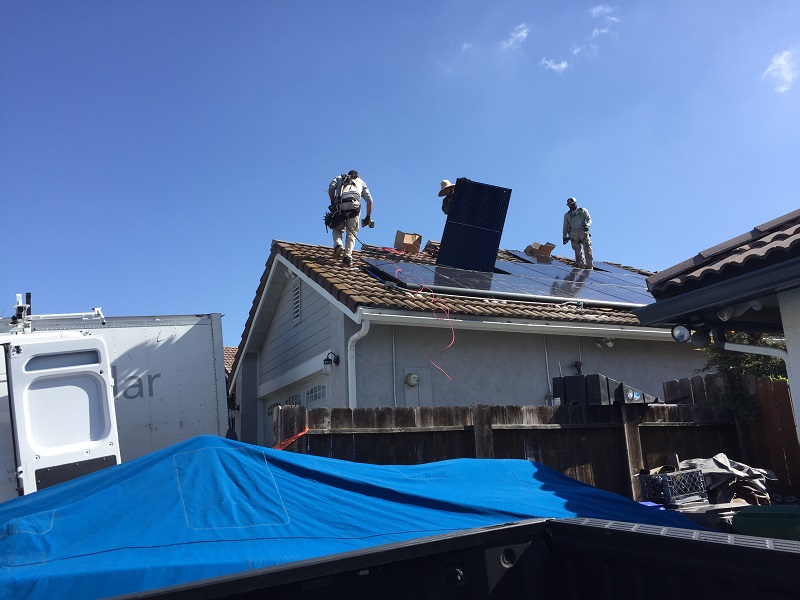Until a decade or so ago, solar power as a viable alternative to the traditional sources of energy was quite unthinkable. The solar cells were inefficient, the cost of solar panels was too high and very people knew anything about it. It was just a novelty item for a few wealthy homeowners who were also interested in saving the earth.
 Source: Flickr
Source: FlickrToday, the world has come a long way from those days and the situation has changed significantly. The technology has entered public consciousness and a lot more people are aware of the benefits of solar power. Now, the price has come way down.
People still baulk at the idea of putting solar panels on their roof because of the high cost they assume is associated with installation. The fact is that despite the remarkable development in the technology, solar power systems were still a bit too expensive for the average householder until recently.
But the good news that prices are coming down, and it won’t be long before every household will be able to accommodate one within their monthly budget. But even at today’s prices, the decrease in monthly electric bill will quickly compensate for the installation cost and allow the homeowner to save more money. If feed-in tariff system is available in your area, you can also get credit from your power company on future power bills. But most power companies do not To make thing better, federal and state government also provide grants and subsidy from time to time which almost halves the installation costs.
Concern for the earth’s ecology is one reason many homeowners install solar power systems on their roof. Solar power can be said to be one of the most environment-friendly sources of energy, although it cannot said to be completely clean.
During the mining of silica and manufacturing of solar cells, a number of substances are produced as a byproduct, such as crystalline silica dust, fume silica, carbon dioxide, sulfur dioxide, hydrogen chloride and silicon tetrachloride. Chemicals like nitric acid, sodium hydroxide and hydrofluoric acid are also used. All of these can harm the workers. But the risk is negligible as all the processes are done in highly controlled environments.
Many people have the misconception that solar panels do not work on cloudy days. There is no truth in this. In fact, solar panels work more efficiently on slightly cloudy days than on hot summer days. This is because solar cells are less efficient when they are too hot or too cold. But if it is totally overcast, the panels may have very low efficiency. Days like that are rare and solar systems work fine on most days.
Considering everything, the answer is, “Yes, you should definitely install solar power in your home.”
